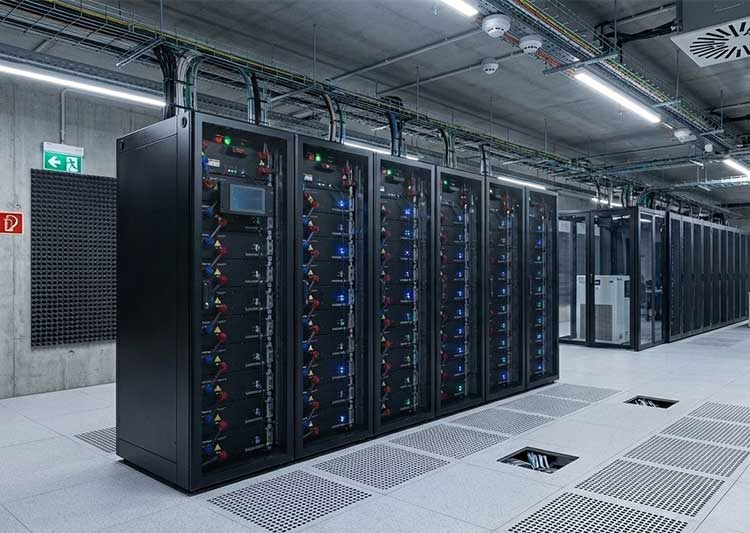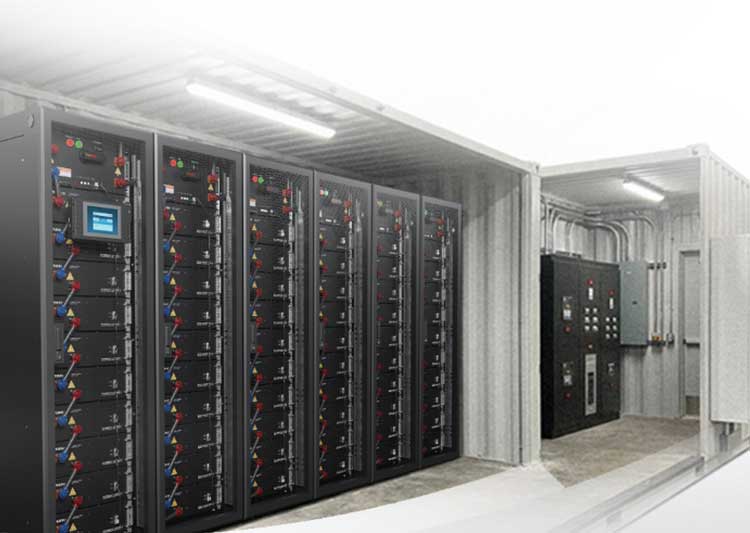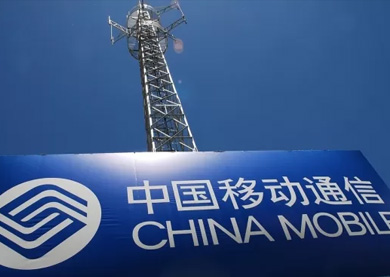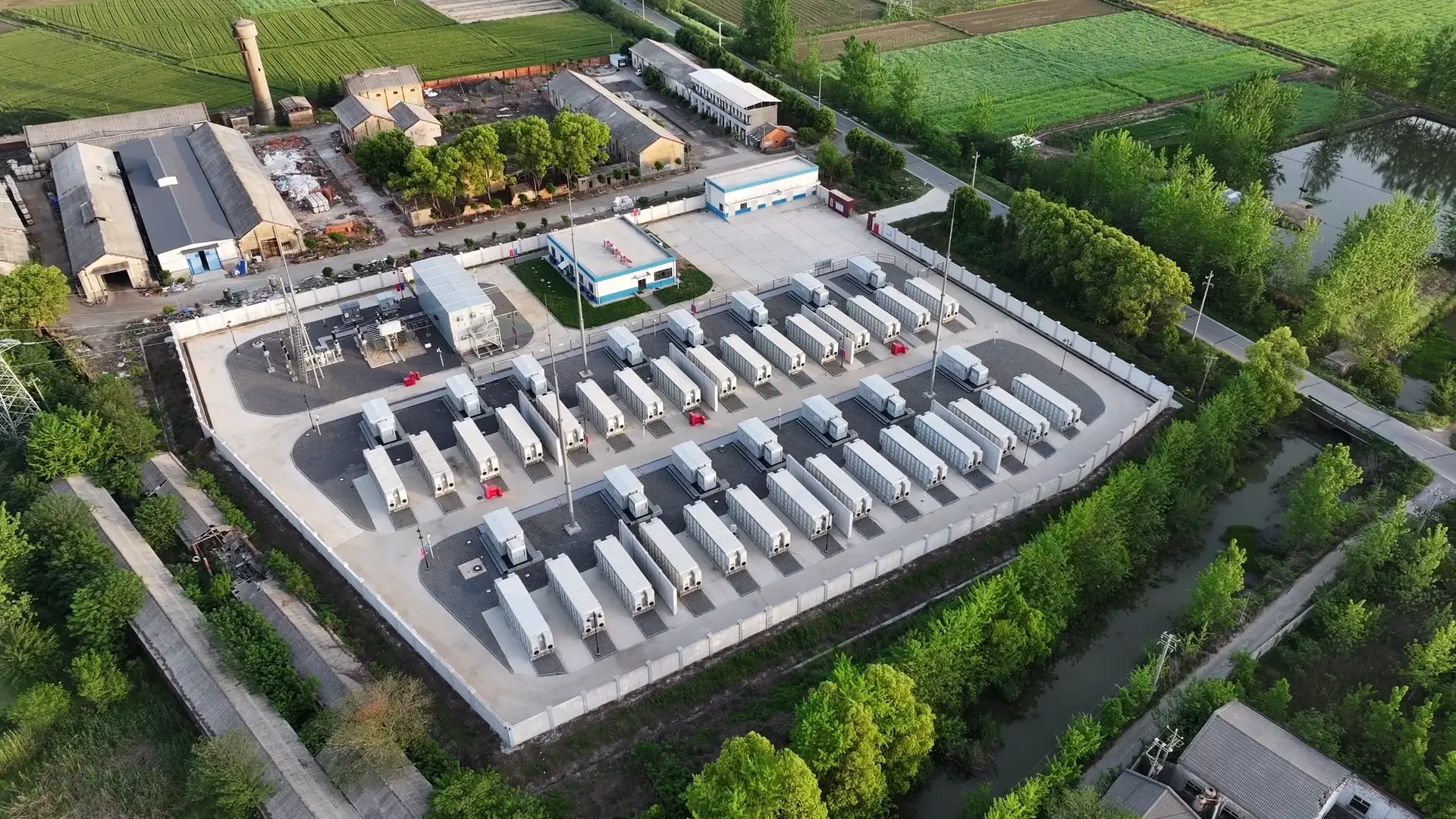Lithium UPS batteries are now replacing lead-acid ones because they are more efficient, reliable, and cost-effective. This article explains why lithium UPS batteries are the best choice for data center backup power.
1. Lifespan and Durability Advantages
● Long Service Life
One of the main advantages of a lithium-ion UPS battery is its long service life. A typical lithium-ion battery can often last over 5 years more than VRLA batteries under the same conditions.
A longer lifespan means fewer battery replacements, which saves money and reduces the risk of downtime during maintenance. This is particularly valuable for large data centers, as battery replacement can be an expensive and complex project.
● Better Performance in High-Cycle Applications
Some data centers experience frequent short power interruptions rather than long outages. In these cases, the UPS batteries may need to cycle (charge and discharge) many times in a short period.
Lithium-ion UPS batteries handle high-cycle applications much better than lead-acid ones. They maintain capacity and performance even after thousands of cycles, which extends their useful life in demanding environments.
2. Performance and Efficiency Advantages
● High Efficiency
Lithium-ion UPS batteries have higher charge and discharge efficiency than lead-acid batteries. This means less energy is lost during the charging process and more power is available when needed.
Higher efficiency translates into lower electricity costs and less heat generation, which also reduces cooling requirements in the battery room.
● Fast Recharge Time
A lithium-ion UPS battery can recharge much faster than a lead-acid battery. This is important for data centers that cannot risk another outage soon after a power failure.
With faster charging, the UPS is ready for the next backup cycle sooner, improving overall system availability. This feature is especially valuable in regions with unstable power grids or frequent blackouts.
● Wide Operating Temperature Range
Data centers operate under controlled environmental conditions, but there can still be variations in temperature due to cooling system issues or equipment layout. Lithium-ion batteries work well across a wider temperature range compared to VRLA batteries.
A typical lithium-ion UPS battery can operate efficiently between 0°C and 40°C, and some models can handle even wider ranges. This flexibility reduces the risk of capacity loss or failure due to unexpected temperature changes.
3. Space and Design Benefits
● High Energy Density
Energy density refers to how much energy a battery can store in a given space. Lithium-ion batteries have much higher energy density than lead-acid batteries. This allows a lithium-ion UPS battery to provide the same backup time in a smaller, lighter package.
For data centers where space is valuable, high energy density means more room for IT equipment or cooling systems instead of bulky batteries. It also reduces the weight load on the floor, which can be critical in older buildings.
● Smaller Footprint and Weight
The compact size and light weight of a lithium-ion UPS battery make installation easier. In large-scale deployments, the reduced footprint can free up valuable space for servers, storage, or cooling equipment.
Lighter batteries also reduce floor load requirements, making them suitable for older facilities or upper-floor installations. This can be a key advantage when upgrading existing data centers.
● Scalability
Many lithium-ion UPS battery systems are modular designed. This means the capacity can be increased by adding more battery modules without replacing the entire system.
Scalability is valuable for data centers that expect growth in IT load over time. Instead of oversizing the battery system from the start, they can expand as needed, reducing initial costs.
4. Maintenance and Safety Assurance
● Low Maintenance Requirements
Traditional lead-acid UPS batteries require regular checks for capacity, connections, and potential leaks. Lithium-ion batteries are generally maintenance-free.
A lithium-ion UPS battery has a built-in Battery Management System (BMS) that monitors voltage, current, and temperature in real time. The BMS also protects against overcharge, over-discharge, and short circuits. This smart monitoring reduces manual inspections and maintenance costs.
● Safety Features
Safety is critical for data centers. Modern lithium-ion UPS batteries are designed with multiple layers of protection:
✓ Battery Management System (BMS): Monitors and controls voltage, current, and temperature.
✓ Thermal Management: Prevents overheating and ensures stable operation.
✓ Cell Balancing: Keeps each cell in the battery at optimal performance levels.
✓ Fire Protection: Some systems include built-in fire suppression or use materials with high thermal stability.
These features greatly reduce the risk of battery failure or thermal runaway, ensuring continuous and safe operation.
5. Economic Benefits
● Lower Total Cost of Ownership (TCO)
While a lithium-ion UPS battery costs more upfront than a lead-acid battery, the total cost of ownership over time is often lower. This is due to:
✓ Longer lifespan (fewer replacements)
✓ Lower maintenance costs
✓ Higher efficiency (lower energy bills)
✓ Smaller space and cooling needs
For data centers focused on long-term savings, a lithium-ion UPS battery can be a smart investment.
Conclusion
The lithium-ion UPS battery has become the preferred choice for modern data centers because it offers long life, high efficiency, fast charging, and advanced safety features. Although the upfront cost of lithium batteries is higher than traditional lead-acid batteries, the long-term benefits usually make it worth it.
By choosing the right lithium UPS battery, data centers can ensure reliable backup power, reduce operational costs, and maintain continuous service even during unexpected power outages.




























 2025-08-13
2025-08-13 Name
Name Tel
Tel Email
Email Country
Country Company
Company Information
Information